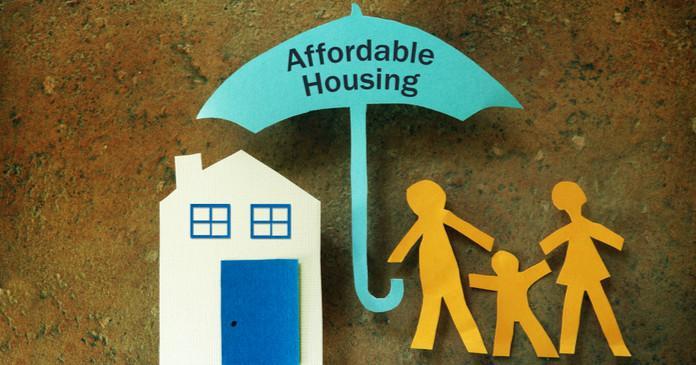This week in Portland NAHB is voting on the Federal Anti-Poverty and Economic Mobility Initiative resolution. The resolution calls on Congress to make changes to address the unintended consequences of HUD’s “Making Affordable Housing Work Act,” which impose work requirements as a condition of rental assistance. While such welfare reform shows merit, it also has the potential of turning landlords into enforcement officers for the State, adding cost and risk to apartment operations, and places the burden of compliance on the shoulders of the landlord. Such a program could also place unfunded financial mandates and increased administration burdens on landlords.
Through the resolution NAHB will urge the federal government to seek “strategic partnerships that offer meaningful opportunities for tenants who are receiving federal rental subsidies and are able to work, to receive job training, social skills building or employment case management from qualified providers of such services.”
The resolution further states, “… the “Making Affordable Housing Work Act” would permit public housing agencies and private owners to establish minimum work requirements for nonelderly and nondisabled households who are receiving HUD rental assistance, but does not specify who is responsible for enforcing the requirements…”
“… a resident’s failure to satisfy arbitrary work requirements or time limits could lead to termination of the households subsidy and jeopardize their ability to pay rent; whereas, tenants who receive rental housing subsidies from HUD or USDA have the same rights as market-rate tenants to legal due process in eviction proceeding for non-payment of rent.”
Read the resolution in its entirety here.














